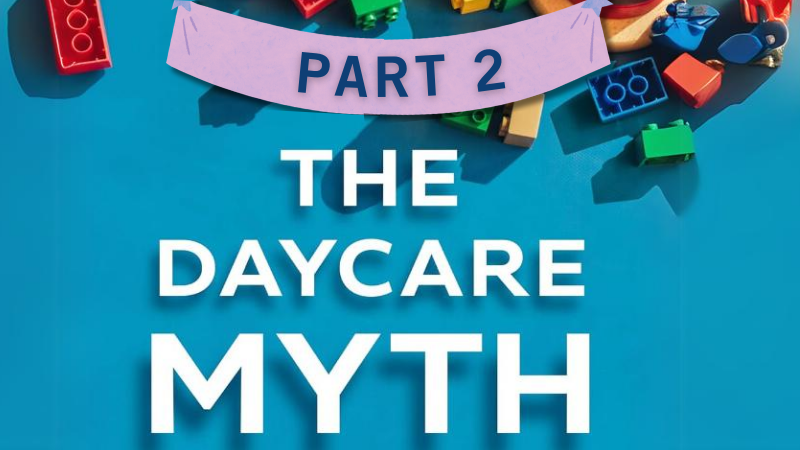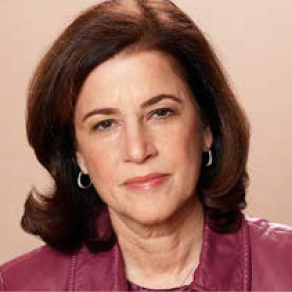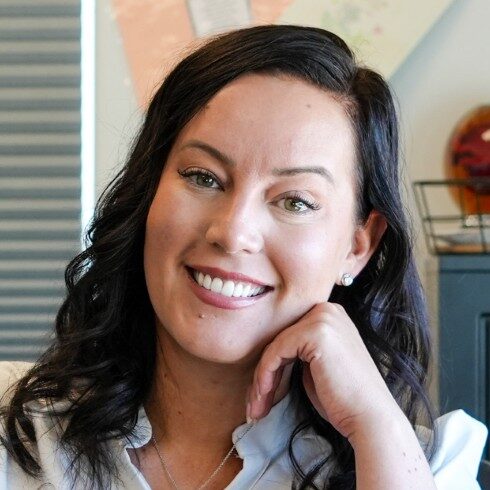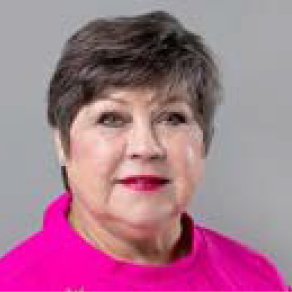
- This event has passed.
The Daycare Myth Part 2: Creating Better State Systems for Children

An earlier session in October, initiated our focus on Dan Wuori’s new book, The Daycare Myth: What We Get Wrong About Early Care and Education (and What We Should Do About It). That discussion sparked so much energy and interest in what we can do — that is, how to develop models and structures for delivering quality education and care. Participants in October expressed a desire to learn about the ways in which states and communities are taking action to address “what we get wrong” and work toward actually getting it right. We left that webinar knowing that we would need to host a follow-on session to go deeper. This week’s session gave us the chance to do just that: We went deeper with state and local leaders who are creating promising systems that address the long-standing problems of cost, quality, workforce development and retention in early learning systems.
Joining us again as moderator was brain development expert researcher Ellen Galinsky with Families and Work Institute. Galinsky introduced the discussion by engaging with Dan Wuori, author of The DayCare Myth, and asking him to recap how his book describes “the disconnect between what we know from the science of early development and how that knowledge is played out, or sadly, in many cases, not very well played out in our public policy across the nation.” He also teed-up the panel of state leaders by previewing how their promising strategies are coming close to “getting it right.” Galinsky asked each state leader — including Berna Artis of the District of Columbia Association for the Education of Young Children; Angela Garcia of Toy Box Early Learning and Child Care Center in New Mexico; Chris Jones, Former North Dakota HHS Commissioner; and Martha Strickland of First Steps, South Carolina — to begin by sharing how their states have addressed the “three legged stool” of cost, quality and workforce development.
Garcia discussed New Mexico’s establishment of a trust fund to support children from prenatal to age 5 and how this had helped with all of the leading issues:
A family of four can make $120,000 a year and still qualify for free child care. The last time I looked at the numbers, about 80% of the population in New Mexico is now getting free child care. That has been huge. As a provider, I can tell you that has been huge.
After hearing from each panelist, Galinsky continued by engaging all speakers in a discussion of the key actions they took to bring about the change that Wuori’s book says is needed, both at the state policy level and in local communities, with a goal of generating tips for audience members on what they can do to make change. Jones had a welcome and somewhat blunt way of expressing his best advice:
No one is probably better than you in meeting people where they’re at. So I mean you’re able to do it as high-quality early childhood educators. You can do that with legislators and you need to meet them where they’re at and ask what problem are they trying to solve. And they will absolutely love you for that. Accept that every parent wants the best for their kid and accept that you can build a better system. As soon as you accept that both the right and the left want quality early childhood experiences, you’ll be able to build a better child care system.
Panel








